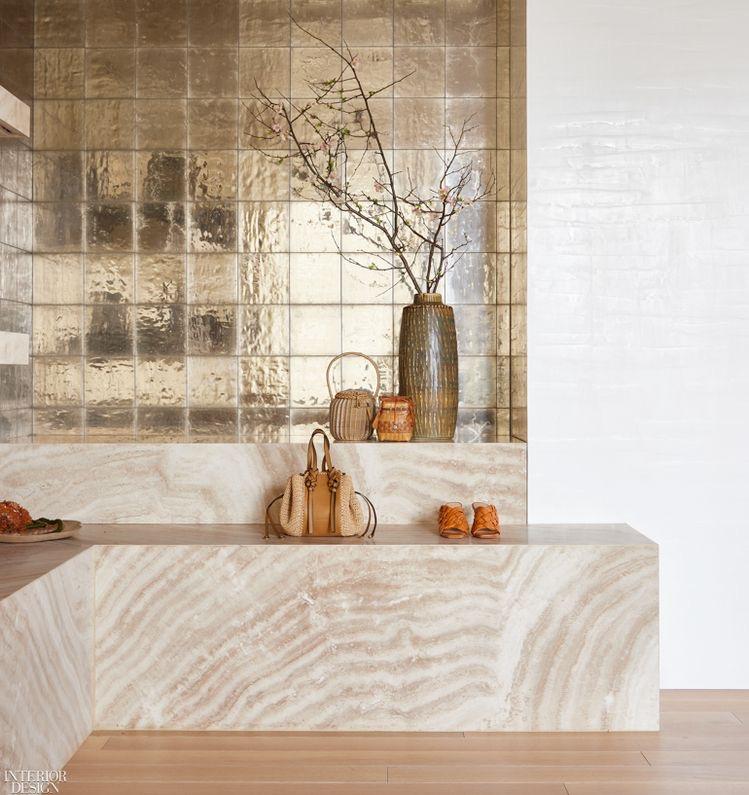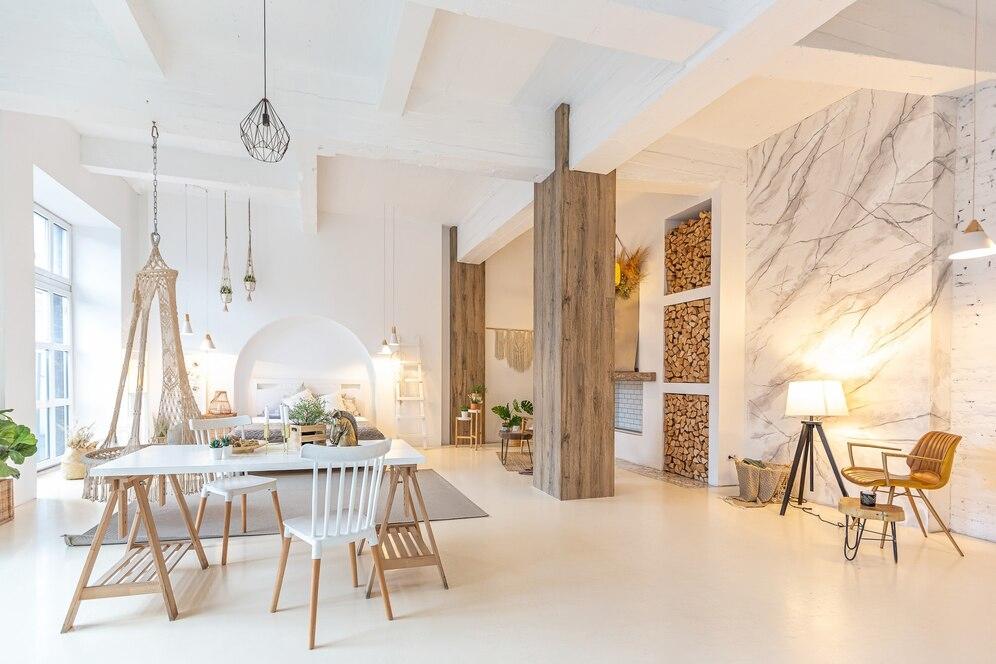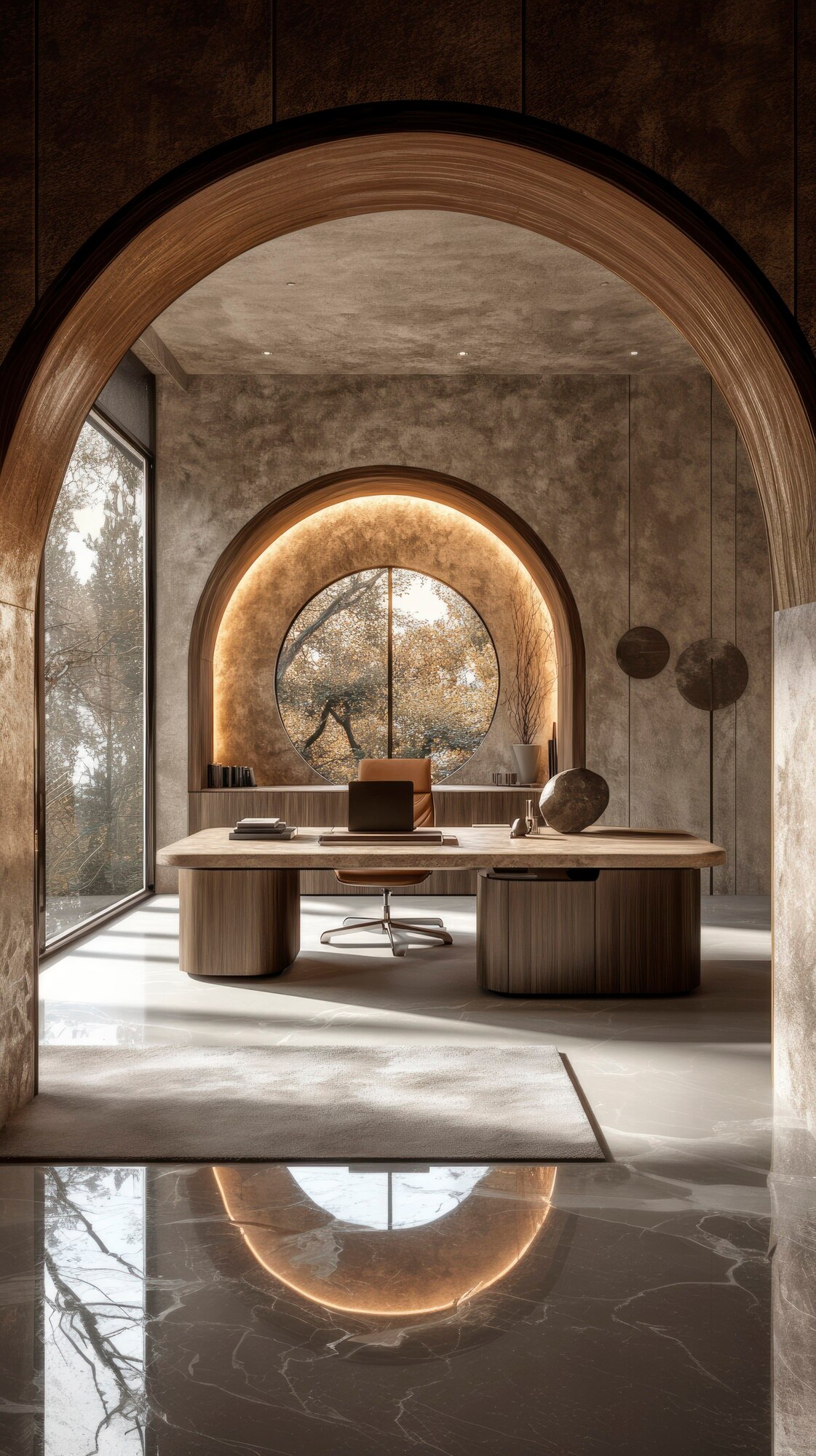
Embracing Modern Interior Design Trends with Travertine Marble in Chennai
When it comes to interior design in Chennai, one material making a strong impact is travertine marble. Specifically when selecting travertine marble in Chennai, homeowners and designers are increasingly turning to this natural stone for its aesthetics, functionality, and suitability to the local climate and architecture. In this blog, we’ll explore how modern design trends are utilising travertine in Chennai homes, what makes it such a compelling choice, and how you can leverage it in your next project.
Why Travertine Marble Is a Rising Star in Chennai Interiors
Before diving into trends, it’s worth understanding why travertine is gaining traction in Chennai.
-
The stone’s distinctive texture – its layered, fibrous structure and natural pores – sets it apart from more uniform stones like granite or quartz.
-
Its warm, earthy colour palette — creams, ivories, beiges, soft honey tones — complements both traditional and modern interiors.
-
Functionally, in a hot, humid city like Chennai, travertine’s natural cooling underfoot and breathability make it quite suitable.
From a sustainability perspective, being a natural stone and often less processed, it appeals to eco-conscious design. -
Availability in Chennai has improved, and price-ranges reflect a broad spectrum — making it accessible for many budgets depending on finish and size.
Given these advantages, it’s no surprise that travertine marble in Chennai is becoming a go-to material for interiors that balance modern sensibility with natural elegance.
Trending Uses of Travertine in Modern Chennai Interiors
Let’s look at how these trends are manifesting in homes and commercial spaces around Chennai.
1. Large-format seamless flooring
One key trend is using large-format travertine slabs to create near-seamless flooring. The larger the slab, the fewer the grout lines, which visually expands spaces, especially useful in open-plan living rooms and loft-style apartments in Chennai.
Designers in Chennai are opting for honed or polished finishes in travertine to lend an upscale, luxury feel. The natural variation of the stone ensures each floor is unique, which adds to the artistic value of the design.
Tip: When specifying for flooring, ensure the slab thickness, finish, and sealing are appropriately matched to traffic levels and maintenance in Chennai’s climate.
2. Feature walls and wall cladding
Feature walls clad in travertine are gaining popularity. Whether in a living room, bedroom, or reception area, a travertine-clad wall adds texture, depth, and sophistication. In Chennai’s modern luxury homes, this is being paired with subtle lighting and metallic accents (brass, bronze) to highlight the stone’s natural warmth and character.
In commercial settings—such as premium apartment lobbies or boutique hotels in Chennai—travertine walls help bridge between traditional grandeur and contemporary minimalism.
Tip: For wall cladding, consider using honed or brushed finishes to reduce glare and maintain a soft feel; sealing is key in humid zones to avoid staining or water ingress.
3. Bathrooms and wellness-zones with spa-feel
The wellness mindset in interior design is strong in Chennai — homeowners want bathrooms that feel like retreats. Travertine’s warm, organic look makes it ideal for this. From vanities and vanity tops to entire shower walls or spa-zones, travertine adds a grounded yet luxurious feel.
In a city with humidity, the porous nature of travertine means it’s especially important to seal properly, but with good maintenance, it brings both durability and elegance.
Tip: For wet zones in Chennai, use travertine with a matte or honed finish (slip resistance) and apply a high-quality sealant to protect the stone surface from moisture and soap residues.
4. Indoor-outdoor transitions & terracing
Modern homes in Chennai are increasingly blurring indoor and outdoor spaces to leverage cross-ventilation and natural light. Travertine works beautifully in this role — its natural earthy tones coordinate with garden landscapes, patios and verandas. The same material may be used indoors and outdoors to create a flowing, continuous aesthetic.
Tip: When using travertine outdoors or in semi-outdoor zones (terrace, pool-deck, courtyard in Chennai), consider textured fini
Practical Considerations for Travertine Use in Chennai
While the design appeal of travertine marble in Chennai is strong, there are important considerations to ensure success.
-
Finish & Texture: Travertine is naturally porous. Finishes like honed, brushed or tumbled give different looks and performance. For example, outdoor terraces might demand more textured finishes for slip-resistance.
-
Sealing & Maintenance: Because Chennai’s climate is humid and monsoon heavy, sealing is critical to protect the stone from staining, moisture ingress, and efflorescence. Good maintenance ensures longevity.
-
Budget & Availability: Travertine pricing in Chennai varies significantly. For example, imported premium types cost more; local slabs may be more affordable. For reference, some ranges run from ₹220 to ₹900 per sq ft for certain varieties.
-
Suitability for High Traffic: In very high-impact areas (commercial foyers with heavy foot traffic), consider the correct grade of travertine and finish, or complement with more resilient materials.
-
Design Integration: To get the most from travertine’s character (natural markings, colour variation), designers should plan layouts that embrace variation rather than attempt to conceal it. This is particularly relevant in Chennai’s modern interiors where the stone’s natural beauty is part of the design story.
Why Travertine Marble in Chennai Is More Than a Trend
For the Chennai context, using travertine marble is not just about following a fleeting aesthetic—it taps into multiple lasting drivers:
-
Climate-responsiveness: natural cooling, suitable for tropical setting.
-
Material authenticity: natural stone appeals in urban homes seeking craft and quality.
-
Versatility: works across traditional home layouts (verandas, courtyards) and sleek new-build apartments.
-
Longevity: timeless material that weathers gracefully; its imperfections become part of the character.
-
Brand-value: using quality travertine in interiors signals a level of luxury and design sophistication in Chennai’s competitive residential market.



